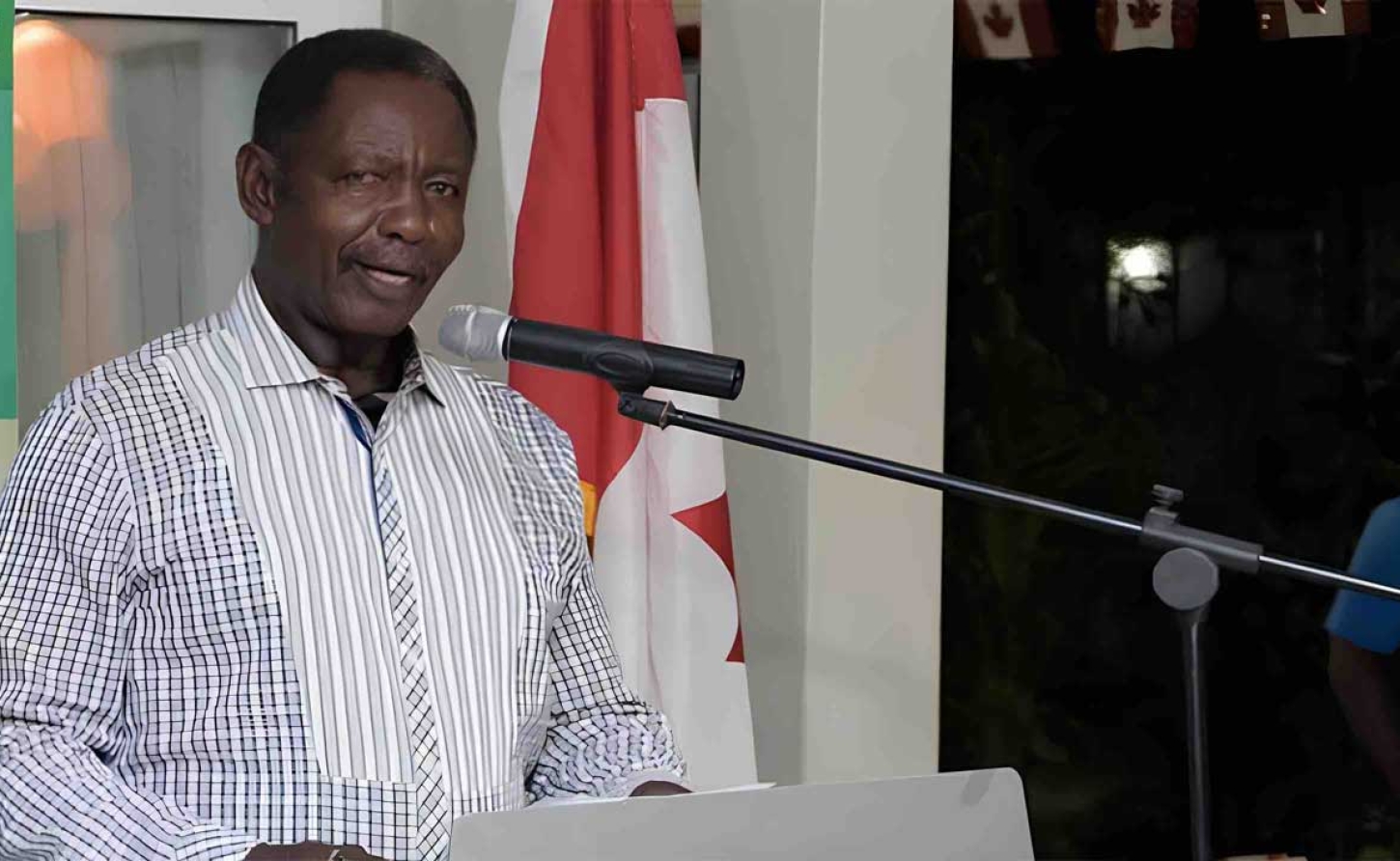GUYANA | GTUC Calls for Immediate Convening of 13th Parliament in Face of Growing National Crisis

GEORGETOWN, GUYANA — In a nation where oil revenues flow like rivers while children attend school on empty stomachs, the Guyana Trades Union Congress has issued a blistering demand: convene the 13th Parliament immediately, or watch the country spiral deeper into crisis.
The call comes as Guyana confronts what the GTUC describes as a convergence of existential threats—threats that require urgent parliamentary debate but are instead met with institutional silence.
"Our nation's urgent business cannot wait any longer," the union declared in a statement that lays bare the grotesque contradictions of modern Guyana: an oil-powered economic boom that has left more than half the population surviving on less than US$5.50 per day.
The numbers tell a story of prosperity that exists only on paper. While GDP figures soar on the strength of offshore petroleum deposits, families survive on boiled eggs and green mangoes—not as culinary choices, but as desperate measures. The Guyanese dollar, trading at approximately GY$210 to US$1, has become a cruel joke for those who cannot afford three meals daily.
But the cost-of-living crisis, devastating as it is, represents just one front in what the GTUC characterizes as a multi-pronged emergency. The escalating conflict between the United States and Venezuela has transformed the Caribbean—long declared a Zone of Peace—into potential battleground waters.
American warships now patrol the Caribbean Sea, their presence contested even within U.S. leadership circles. For Guyana, the implications are stark: the nation risks being caught in a crossfire not of its making, with its porous borders vulnerable to waves of forced Venezuelan migration and its fragile national unity threatened by external pressures.
"These matters require transparent and informed debate by our elected representatives," the GTUC insists, "and that can only happen in Parliament, the nation's highest decision-making forum."
Yet that forum remains conspicuously dormant while crises multiply.
The union has joined forces with the Guyana Public Service Union in demanding a "living wage" calibrated to real costs, not theoretical calculations. Since 2020, prices have risen exponentially, creating what the GTUC describes as "severe strain on working families." The phrase understates the reality: in this oil-rich nation, too many families go to bed hungry.
The GTUC's appeal invokes Guyana's constitutional mandate for inclusive democracy and its national motto: "One People, One Nation, One Destiny." It's a pointed reminder that governance cannot function through silence and inaction.
The immediate stakes are clear. Guyana must navigate the management of its crucial oil and gas resources, address deepening poverty amid plenty, and chart a course through increasingly dangerous geopolitical waters—all while its people struggle to afford basic nutrition.
"The immediate convening of the 13th Parliament is not only necessary—it is essential to safeguard our nation's future," the GTUC concludes.
In a country where wealth flows offshore while hunger stalks its streets, that demand for parliamentary action represents more than political procedure. It's a last call for accountability before the contradictions become unsustainable.
-30-
